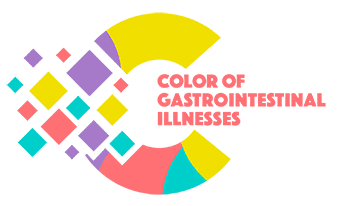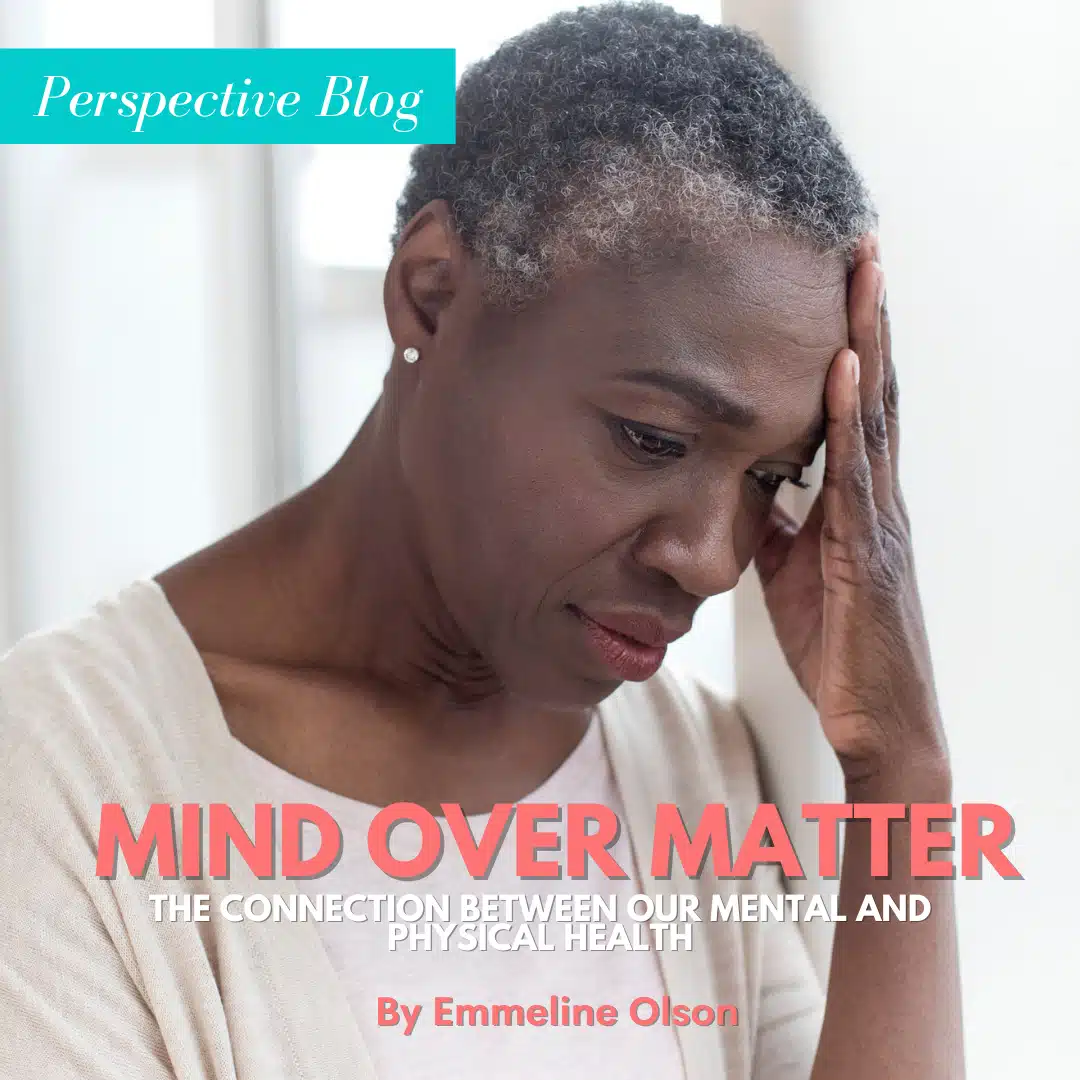Since 2008, July has been celebrated as National Minority Mental Health Awareness Month. The official Congressional bill is named after author, journalist, and teacher Bebe Moore Campbell. Campbell became a mental health advocate for Black and other underrepresented communities after encountering a healthcare system that prevented her daughter from receiving adequate care and support for her mental illness.
According to the national non-profit Mental Health America (MHA), 17% of African Americans, 15% of Latinx and Hispanics, 13% of Asian Americans and Pacific islanders, 23% of Native Americans and indigenous people, and 25% of multiracial individuals cope with some type of mental disorder. MHA also discovered that although anxiety and depression increased overall during 2020, the numbers were higher for BIPOC.
The COVID-19 pandemic caused stress and feelings of isolation in almost everyone, regardless of race and ethnicity. However, anxiety and fear rose in Asian American communities as they were targeted and blamed for the coronavirus. The week following the killing of George Floyd, anxiety and depression increased 5% in African Americans and 6% in Asian Americans.
With added stressors such as these, the health inequities that plague patients of color, and the stigma of mental illness in BIPOC communities, minorities are at greater risk for allowing their mental health to suffer. For those of us living with inflammatory bowel disease (IBD) and other chronic illnesses, poor mental health can negatively impact our physical health.
The Brain-Gut Connection
Have you ever wondered why we describe our mental and emotional states in terms of the digestive tract? Something that bothers us leaves us with a bad taste in our mouth. When we’re anxious or nervous, we get butterflies in our stomach. We often follow our gut instincts or are forced to make gut-wrenching decisions. Our stomach drops or we feel sick to our stomach when we hear unsettling news.
The link between our mental health and our physical well-being is quite real. Simon Knowles—clinical psychologist and associate professor of clinical and health psychology at Swinburne University of Technology in Melbourne, Australia—does extensive research on this brain-gut connection.
“The brain-gut connection, or brain-gut axis (BGA), refers to the bi-directional communication between the brain and the gastrointestinal tract,” Knowles explains. Neurons (nerve cells) that are found only in the gastrointestinal tract make up the enteric nervous system. This “second brain” activates the gut’s muscular movement during digestion and controls secretions of digestive enzymes, mucus, bile, and stomach acid.
The brain and the enteric nervous system then transmit messages via the vagus nerve. “The BGA is very complex, and there is a growing evidence base indicating that the microbiota (bacteria) in our gastrointestinal tract can impact how we think and feel,” Knowles says.
“Due to the significant role of the microbiota in our gastrointestinal tract, the BGA is also often referred to as the brain-gut microbiome (BGM) axis. The BGM axis plays an essential role in maintaining our healthy digestive processes. However,” Knowles notes, “when the BGM is not working correctly, it can lead to the development of gastrointestinal conditions and poorer mental health.”
Emotions, as well as inflammation or infection, can impede communication between the brain and gut. When this happens, the scrambled brain signals cause the gastrointestinal system to malfunction.
“How we think and feel (e.g. anxiety) influences gastrointestinal functioning (e.g. increases or decreases digestion) while gastrointestinal problems can impact our thinking and how we feel,” Knowles states. “In other words—for example—if one is anxious, we often first experience symptoms in our gut (e.g. butterflies in the tummy). In turn, butterflies in our tummy can make us think we are anxious, and this can lead to more anxiety.”
The brain-gut connection can become a vicious cycle. Our quality of life suffers because of our illness, and our outlook on life can then exacerbate our symptoms or even impede healing. Researchers have studied the role of the brain-gut relationship in IBD, irritable bowel syndrome, autism, schizophrenia, major depressive disorder, anxiety, obesity, Alzheimer’s, Parkinson’s disease, and other illnesses. For those of us living with chronic disease, our emotional well-being is just as important as our physical health.
Caring for Our Health, Head to Toe
The first step toward maintaining our mental health is recognizing and accepting our emotions. Unfortunately, studies have discovered that mental illness stigma is higher in ethnic and racial communities. Not only may we be more reluctant to admit we need help, but also—like Campbell’s daughter—we may not be able to find or receive assistance when we look for support.
For IBD patients, Knowles has created the IBD.mindovergut.com Resilience Program. The free online program helps participants identify and target stress, negative thoughts and beliefs, maladaptive coping patterns, and psychological distress—such as anxiety and/or depression—related to their illness.
Through cognitive behavior therapy (CBT), the participant can change one’s thought processes and behaviors using strategies or problem-solving techniques for coping with fatigue, stress, or anxiety. Acceptance and commitment therapy, a form of CBT, can help the patient develop skills to align one’s values with their behavior.
Be aware that self-help—or even peer support—may not be enough or appropriate for individuals experiencing more serious mental illness. Also, every patient is different—someone’s mental and physical status can fluctuate throughout their health journey. An open dialogue and a trusting relationship with our care teams can help us recognize if we need the expertise of a psychologist.
In addition to CBT, a psychologist might use other treatment methods. Through biofeedback training, the patient learns to recognize and respond to physiological changes associated with their disease. For instance, an IBD patient can master muscle control to prevent fecal incontinence or urgency or to alleviate constipation.
Hypnosis and guided meditation use sound and imagery to shift attention away from the source of physical or mental pain. With silent meditation, the patient focuses their attention, opens their mind, and breathes rhythmically to calm both the mind and body. By meditating, the patient can attain mindfulness—an awareness and acceptance of one’s current mental and physical state without judgment or avoidance. By not dwelling on the past, the patient can begin moving toward a goal. These methods reset the brain-gut connection and normalize the bi-directional communication.
Yoga and exercise can add a physical element to treatment. Exercise releases endorphins, which block pain and elevate mood, and reduces the production of adrenaline and cortisol, the body’s stress hormones. Furthermore, the patient can build confidence and self-esteem from the results of physical activity.
If finances or lack of insurance prevent us from seeking professional care, we can check organizations, look to support groups, or ask our care team for referrals. Most are equipped to direct patients to low or no-cost resources.
Even participating in online communities like COCCI can provide encouragement so that we don’t feel alone or like no one understands us. However, if you’re having thoughts of self-harm or suicide, seek help immediately by calling 911 or call the National Suicide Prevention Lifeline at 1-800-273-TALK (8255).
Emmeline Olsen

